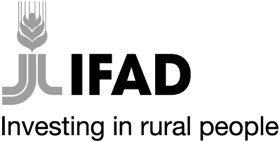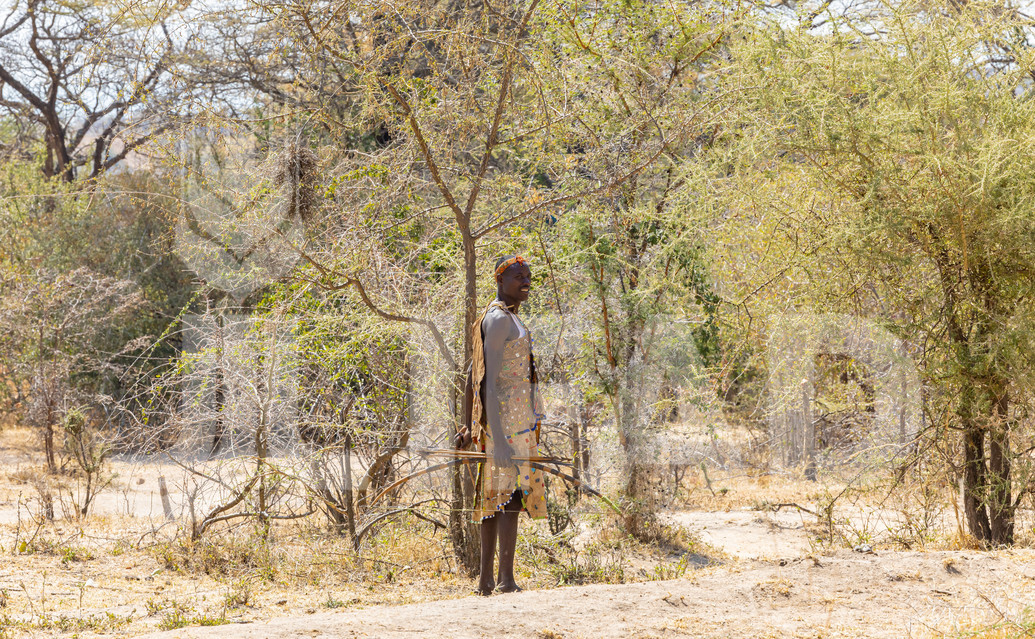| ID: | 86809 |
|---|---|
| Country: | Tanzania |
| Title: | Tanzania - Reversing Land Degradation trends and increasing Food Security in degraded ecosystems of semi-arid areas of Tanzania (LDFS) – July 2023 |
| Description: |
Shakwa, a proud member of the Hadzabe community, is one of the youths undertaking bee keeping activities in the community. The group began their activities in 2016 with new hives, which took sometime to learn how to use. Modern hives offer a welcome improvement, but honey has always held significance for the Hadzabe. Traditionally, honey was a vital part of their diet, especially for men. Since the project provided additional hives in 2020 and 2021, honey yields have flourished, ranging from 5 to 10 liters per bucket. This new approach complements their heritage while ensuring a sustainable future in the face of climate change, with fewer animals and wild fruits available. The income Shakwa earns empowers them to purchase a solar panel, bringing light and entertainment (a small television set) to their home in the forest. Importantly, their beekeeping practices align with their deep respect for the environment, ensuring the continued health of the forest that sustains them. The Resilient Food Systems programme under Reversing of Land Degradation Trends and Increasing Food Security in Degraded Ecosystems of Semi-arid Areas of Central Tanzania (LDFS) project seeks to support food production and security (in terms of quantity, accessibility, and quality) in Tanzania. This entails addressing drivers for unsustainable land management and land degradation as well as biodiversity loss and support adaptation strategies to climate variability in the agricultural sector, fostering small farmer’s and pastoralist’s resilience to climate and other shocks. The project focuses on geographic areas with high levels of poverty, food insecurity, malnutrition of children under 5 years old, land degradation and low average annual rainfall, as well as areas where there might be conflicts among communities related to access to and use of crop, grass and forest land and water resources. It currently covers twenty-two villages in five districts in semiarid areas of Mainland Tanzania, including Kondoa, Nzega, Magu, Chemba and Mkalama District. |
| Size: | 20.30 MB; 5558 x 3429 pixels; 471 x 290 mm (print at 300 DPI); 1471 x 907 mm (screen at 96 DPI); |
| Show more details: | Imani Nsamila |
| Copyright: | ©IFAD/Imani Nsamila |
| Categories: | New from East and Southern Africa |
| URL: | https://www.ifad.org/en/ |

